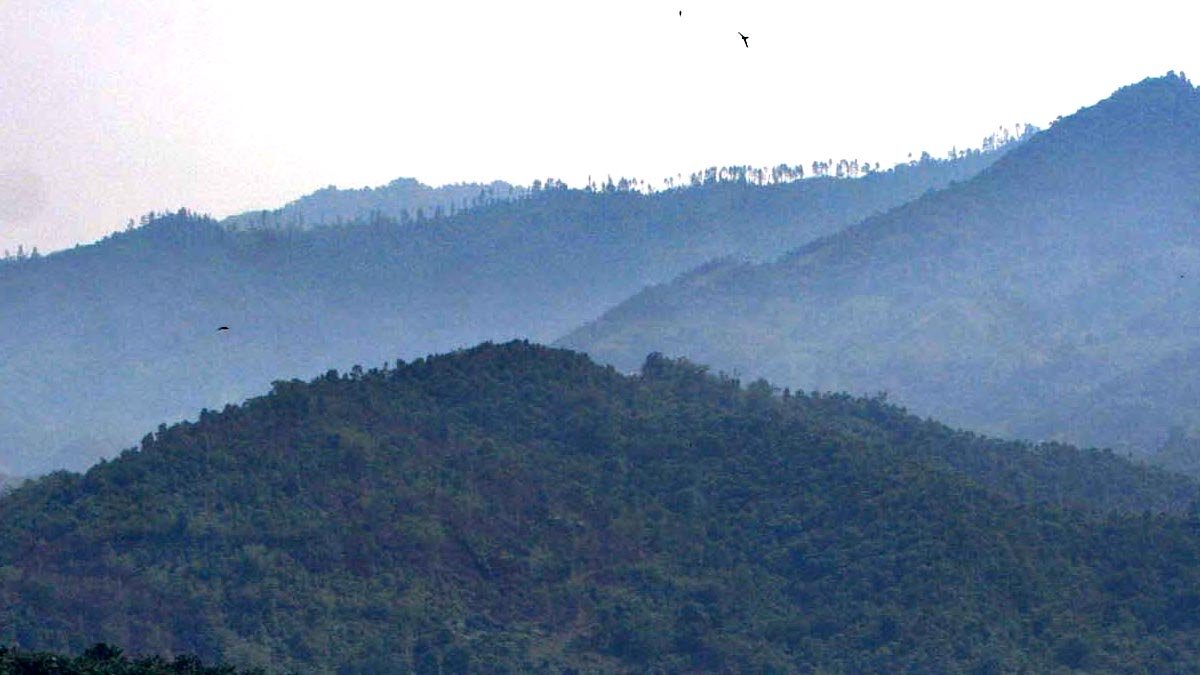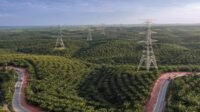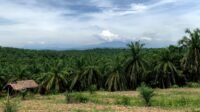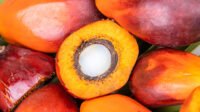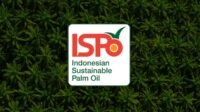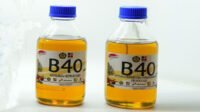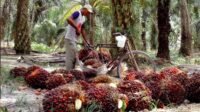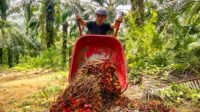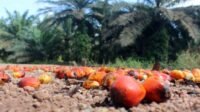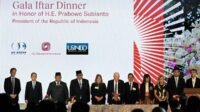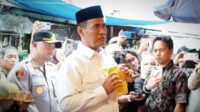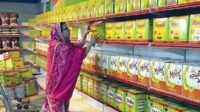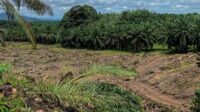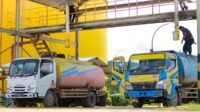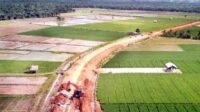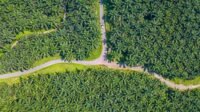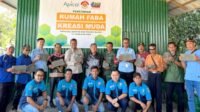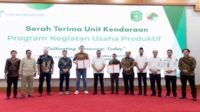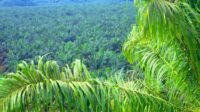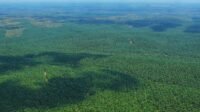PALMOILMAGAZINE, JAKARTA – Palm oil company Bumitama Gunajaya Agro (BGA Group) is intensifying its conservation strategy by combining technology-based monitoring with community engagement. Since 2020, the company has been using remote sensing tools to track vegetation dynamics and identify potential deforestation risks.
Findings show that around 40% of Bumitama’s designated conservation areas consist of structural forests, including secondary forests and mature shrublands. This marks an increase from the 2020 baseline of 34%.
To build on this progress, Bumitama is aiming to raise forest cover within its conservation areas to 44% by the end of 2025. The target will be pursued through active reforestation, replanting efforts, and support for natural vegetation growth.
“This effort goes beyond corporate initiatives—it is also about working hand in hand with local communities. We believe inclusive conservation is the key to lasting success,” the company’s management emphasized.
Also Read: Bumitama Agri Returns to Fortune Southeast Asia 500 List for 2025
Community-Driven Conservation
Community involvement forms the backbone of Bumitama’s conservation approach. Programs include environmental education, training in sustainable agroforestry practices, and engaging local residents in reforestation activities.
In many locations, communities are actively involved in planting native trees, monitoring conservation zones, and maintaining reforested areas. These activities not only help expand forest cover but also foster collective awareness of the importance of preserving ecosystems.
“We want conservation to become a natural part of community life, not seen as an extra burden,” said a field coordinator from Bumitama’s conservation team in West Kalimantan.
Looking Ahead to 2028
Beyond the 2025 milestone, Bumitama has set a medium-term plan: a second comprehensive review of its High Conservation Value (HCV) and High Carbon Stock (HCS) assessments by 2028. This review will update data on boundary changes, legal status, conservation and carbon values, as well as evaluate the effectiveness of current protection measures.
By conducting regular reviews, Bumitama aims to keep its conservation strategy aligned with evolving national regulations, field conditions, and international market requirements—including the EU’s deforestation-free regulations and global sustainability reporting frameworks.
In a sector often scrutinized for its environmental footprint, Bumitama’s measurable and transparent conservation actions show that sustainability is not a barrier, but an opportunity to strengthen resilience and accountability in the palm oil industry. (*)

